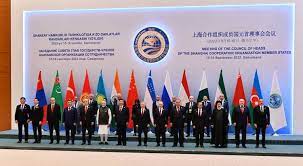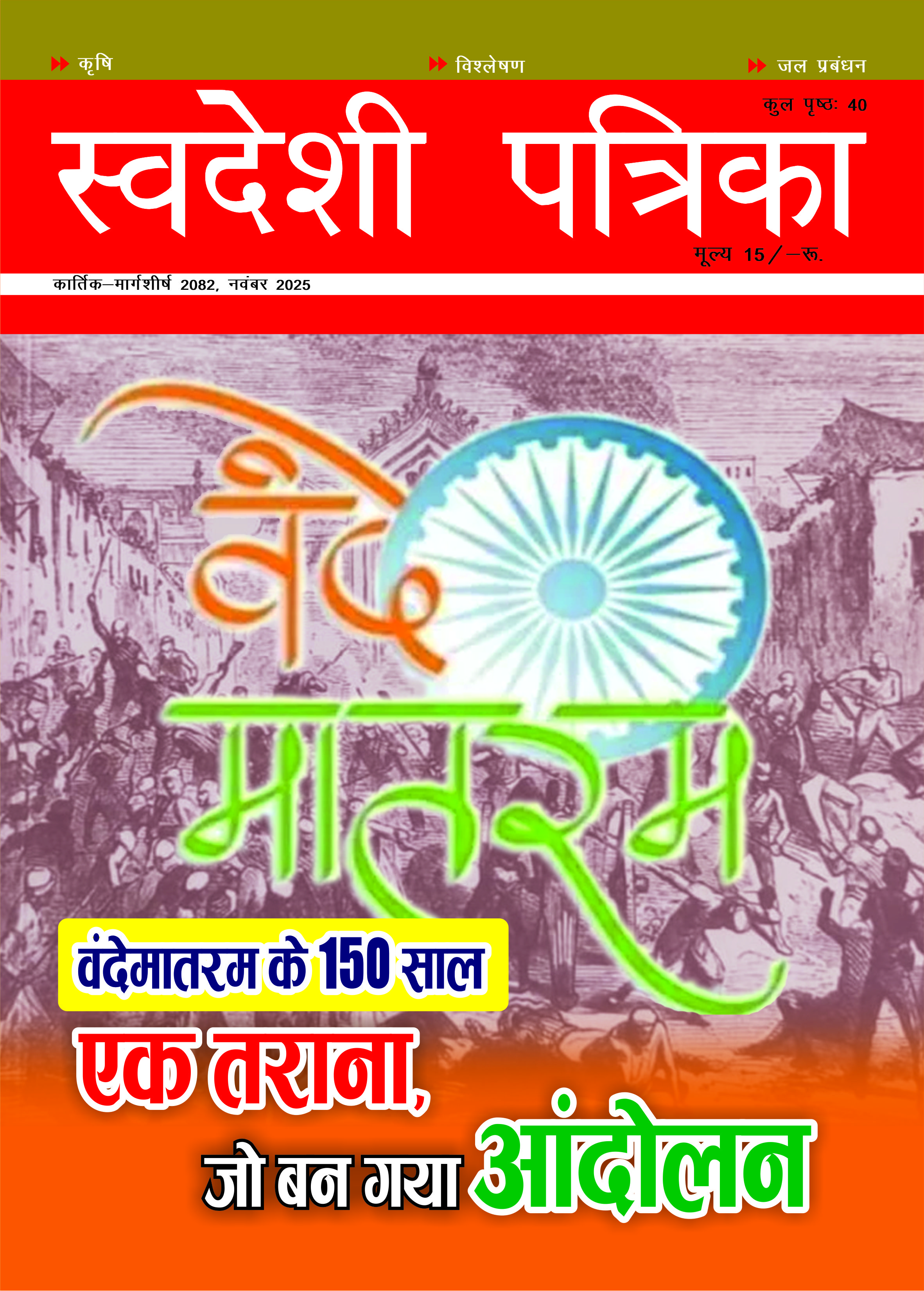
SCO: Economics and Diplomacy of Multipolar World Order
Nowadays Shanghai Cooperation Organization (SCO) is once again in discussion. Significantly, an online Summit of Heads of State of the Shanghai Cooperation Organization was held on July 4, 2023. This year the responsibility of the presidency of this organization is in the hands of India. This is the first time that India is chairing the Organization after its birth (2001) and especially after India's admission in SCO as its full fledged member, in 2016. Originally this organization was established for economic and defense cooperation between the countries of Europe and Asia (also known as Eurasia). Before the establishment of SCO, except Uzbekistan, a group of 5 countries called 'Shanghai Five Group' was working since 1996. Later Uzbekistan was also included in this group, and SCO was formally established. The meeting, which was scheduled to be held in New Delhi, was suddenly changed to video conferencing. Some experts believe that this was an opportunity for India to showcase its independent foreign policy, and it would have amply be demonstrated in two days physical summit. Though there is a point in this argument but events show that the change in mode of this meeting didn't have much impact on the outcome of the summit.
On the invitation of Indian Prime Minister Narendra Modi, Chinese President Xi Jinping, Russian President Vladimir Putin, the current Prime Minister of Pakistan and others heads of state attended the meeting. The Shanghai Cooperation Organization (SCO) was formally established in the year 2001 by 6 countries namely China, Kazakhstan, Kyrgyzstan, Russia, Tajikistan and Uzbekistan. In the year 2016, India and Pakistan were admitted as full fledged members of SCO, although the decision to include them was made on 10 July 2015. This year Iran has also been granted membership of SCO. India has special interest in Iran due to Chabahar Port. Since 2016, as part of a trilateral agreement with Iran and Afghanistan, India has committed a sizeable investment for the development of Chabahar Port and its connecting train connection. India has invested $85 million in the development of the port, and has pledged to invest a further $8 billion in the Chabahar Special Economic Zone. The project has been facing rough weather since beginning. Russia also has special interest in the development of this port and related infrastructure, since Chabahar port is located outside the Strait of Hormuz, it would provide Russia with an alternative route for shipping goods to and from the Middle East. Admission of Iran in SCO, will pave way for this project to go ahead, with Russia and India cooperation.
At the end of the Summit, though a declaration namely New Delhi Declaration was made, underling the broad consensus was issued, but it was carefully worded, to indicate differences on two major issues, namely Belt Road Initiative (BRI) and Development Strategy. Apart from New Delhi Declaration, some signed agreements included the Memorandum of Obligations of the Republic of Belarus, and two statements on deradicalisation and digital transformation, among others. It's important to understand that India has been opposed to BRI on the issue of sovereignty. It's notable that China is building China Pakistan Economic Corridor (CPEC) in Pakistan Occupied Kashmir (POK), and India is opposed to the same. Moreover, according to India, BRI is proving to be a debt trap for many developing countries and BRI has jeopardised many economies, including Pakistan, Srilanka and many more. China has been forcibly taking over strategic locations, by trapping many countries into debt trap and therefore proving to be a threat for global peace. Another, issue on which India didn't agree was the document on Development Strategy 2030. India had already flagged her concerns about of Chinese influence on the document, similar to the Global Development Initiative previously, and has objected to retaining the language of the document.
Today Russia and Iran are the victims of sanctions imposed by US and its allies. Out of SCO membership, India and China have not only continued to purchase oil from Russia and Iran, but have increased it manifold. This has been irritating US and the West, but India has adopted a balanced approach, continuing its friendly relation with the US, alongside. PM Narendra Modi's recent visit to US in an indication of India's independent approach. On the other hand, though, Russia and China have been deepening their cooperation in economic and strategic affairs. But India's all season friendship with Russia is proving to be a boon for India and Russia both. India has chosen to remain neutral with regard to Russia-Ukrain conflict as well. Though, online summit of SCO did demonstrate attitude of Russia and China, who vocally disapproved US sanctions. But at the same time India's disapproval of China led BRI and China dominated Development Strategy 2030, made India stand apart. Message from SCO is very clear, international diplomacy is never black and white, but SCO underlines the reality of multi-polar world. With lot of churning taking place globally, SCO like groupings have a great importance for maintenance of power balance.


